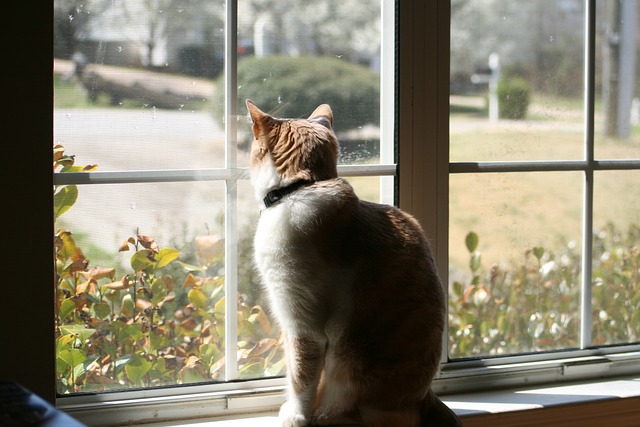Shakespeare once said, “To be [indoors], or not to be [indoors], that is the question” in reference to cats.
The difference in lifetime between indoor and outdoor cats is dramatic, with indoor cats living an average of 10–20 years and outdoor cats only 2–5 years on average.
Free-roaming cats put themselves and others in grave danger, and regrettably, some of them never make it back inside.
- Cats, even those that seem to be comfortable in the street, are routinely killed by passing vehicles.
- Free-ranging cats risk being lost or captured by Animal Control, which may lead to their death.
- However, there are those who are so cruel that they abuse cats.
- A neighbor’s lawn chemicals or pesticides that were left out for rodents or other animals could make your cat sick.
- Sometimes, even tame outdoor cats have to defend themselves against other, more violent felines. Diseases can be transmitted through bite wounds, making it especially important to avoid unvaccinated or sick cats and to prevent catfights. Upper respiratory infections, feline immunodeficiency virus, and feline leukemia are just a few examples.
- It’s not just hawks and coyotes that can be lethal to stray housecats; foxes, raccoons, and even some dogs can be just as dangerous. If your cat is lucky enough to survive an attack, it may have been exposed to rabies and will now need expensive veterinary care for severe wounds or abscesses.
- Your cat could also get stuck in a neighbor’s shed or garage if it wanders over there.
- Your cat could get frostbite if left outside in the winter.
- Your cat may also be irritated and distressed by outdoor parasites like fleas, ticks, and ear mites. In addition to introducing fleas into your house, a stray cat also poses the risk of transmitting worms into your family.
- Your outdoor cat will almost probably become pregnant and have kittens if she hasn’t been spayed or neutered.
- It’s polite to keep your cat inside as well. Your neighbors may be concerned that their dog will chase your cat if it keeps using their yard or garden as a toilet.
It has been argued that outside access for cats is a natural behavior. But is it really worth the risk to let your beloved feline out into the world, considering all the threats it could face? Spayed or neutered indoor cats can enjoy a long, healthy life indoors, where they can play with you and other cats, sun themselves on a warm windowsill, and use cat towers in place of trees. Cats who spend time both indoors and outdoors can be successfully rehomed indoors, where they will be healthier and live longer provided their owners are patient.
We hope you and your cat have many happy years together, indoors and out of harm’s way.
